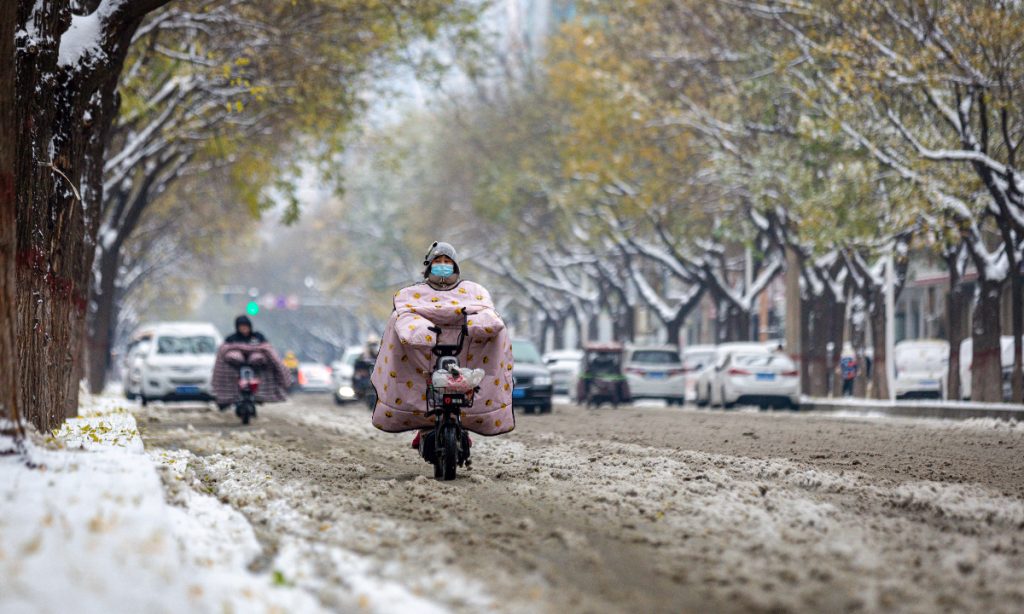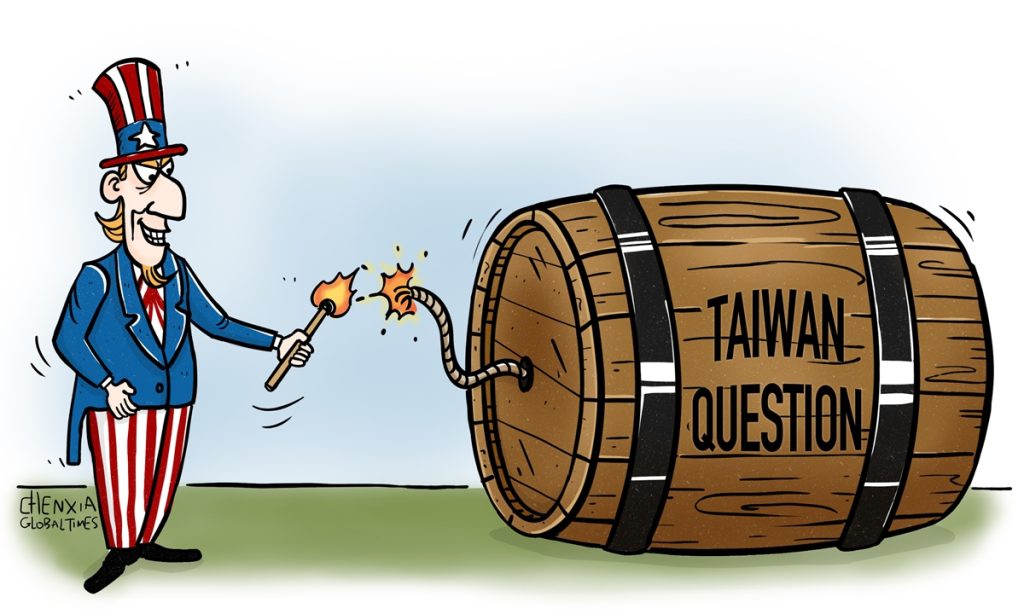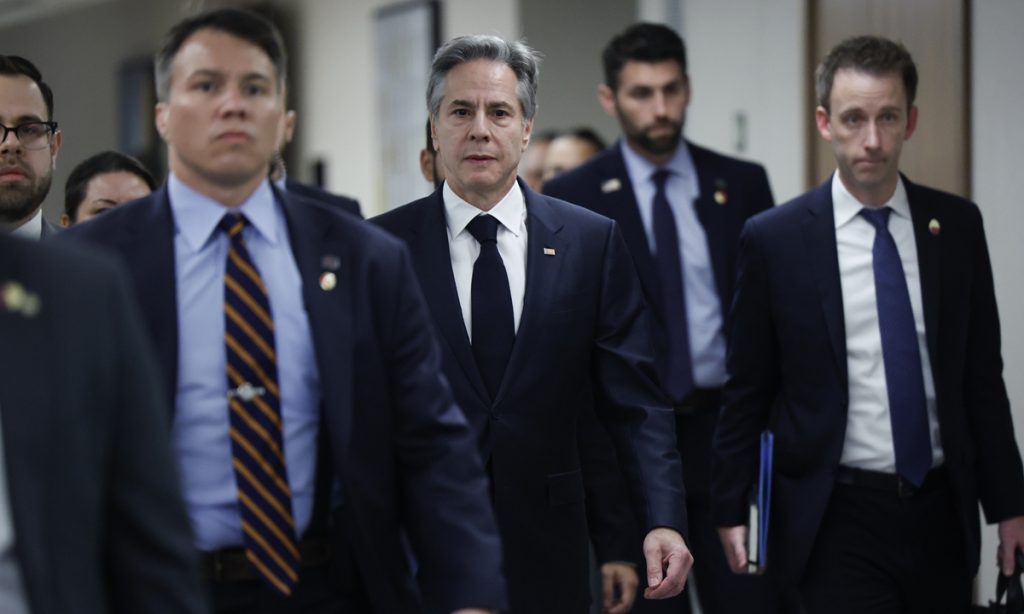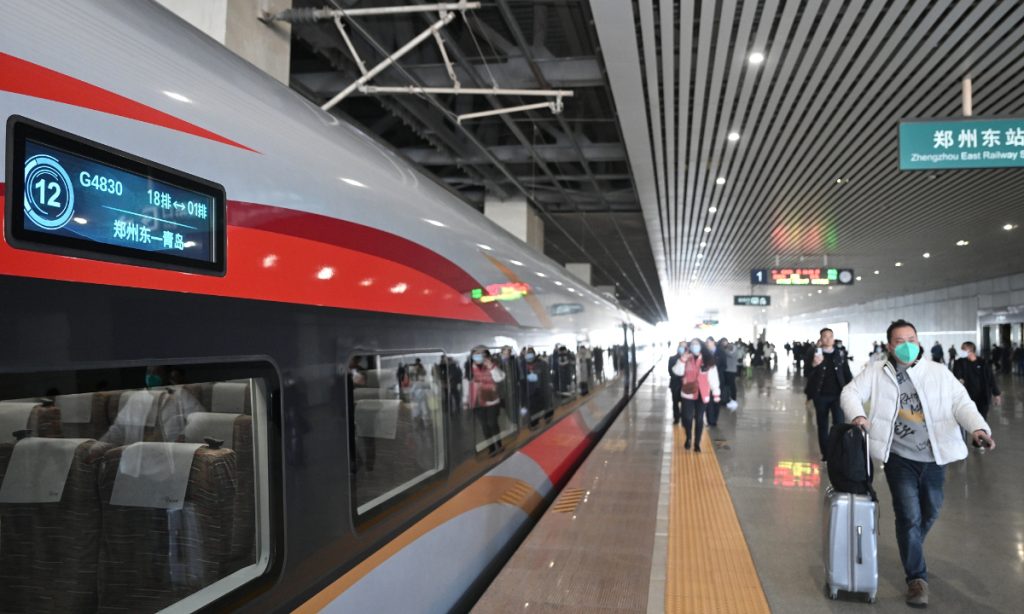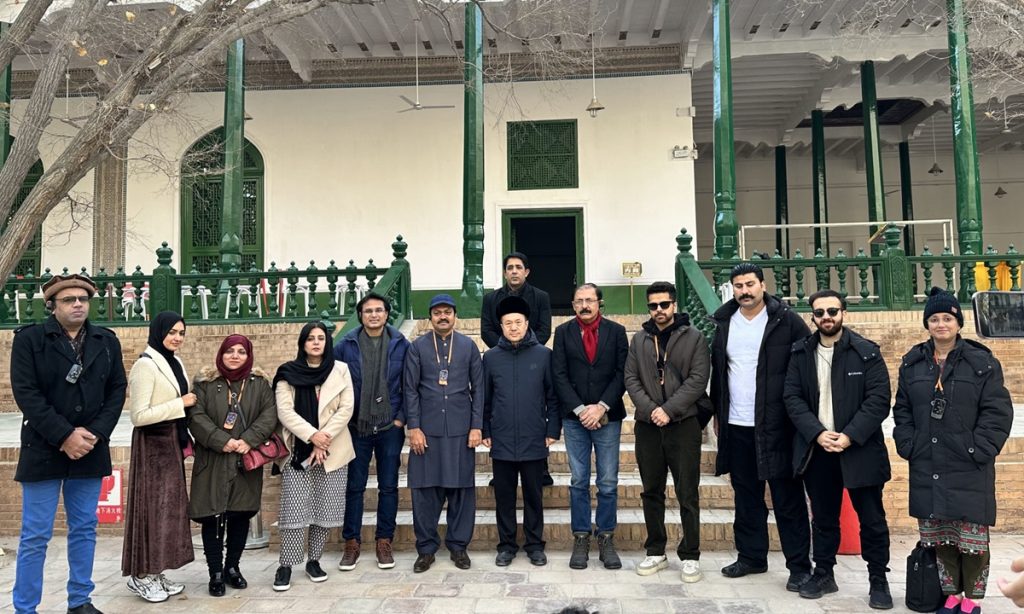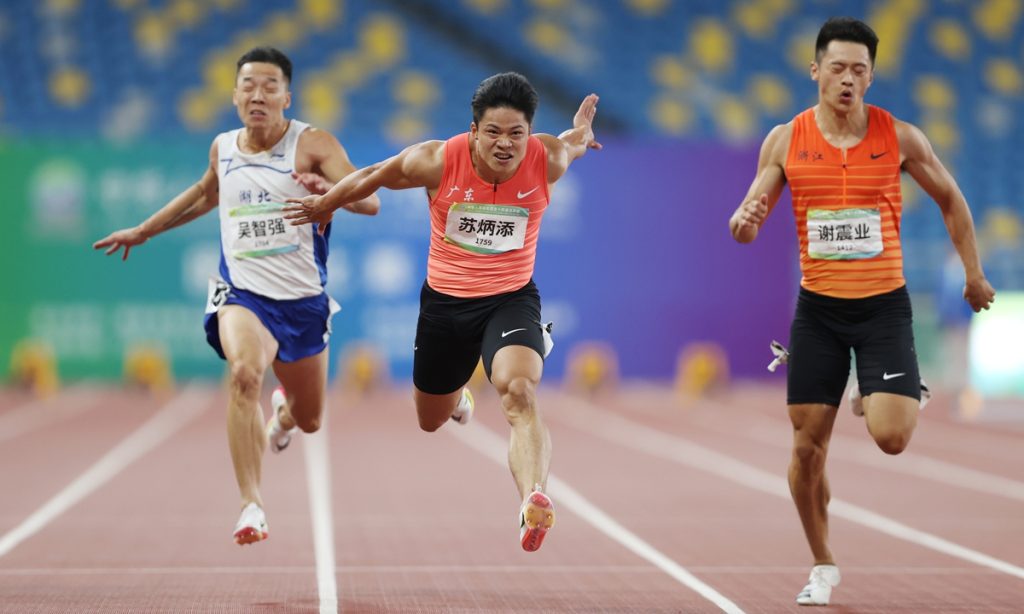By following US policy toward China, EU risks suffering most damage among the three
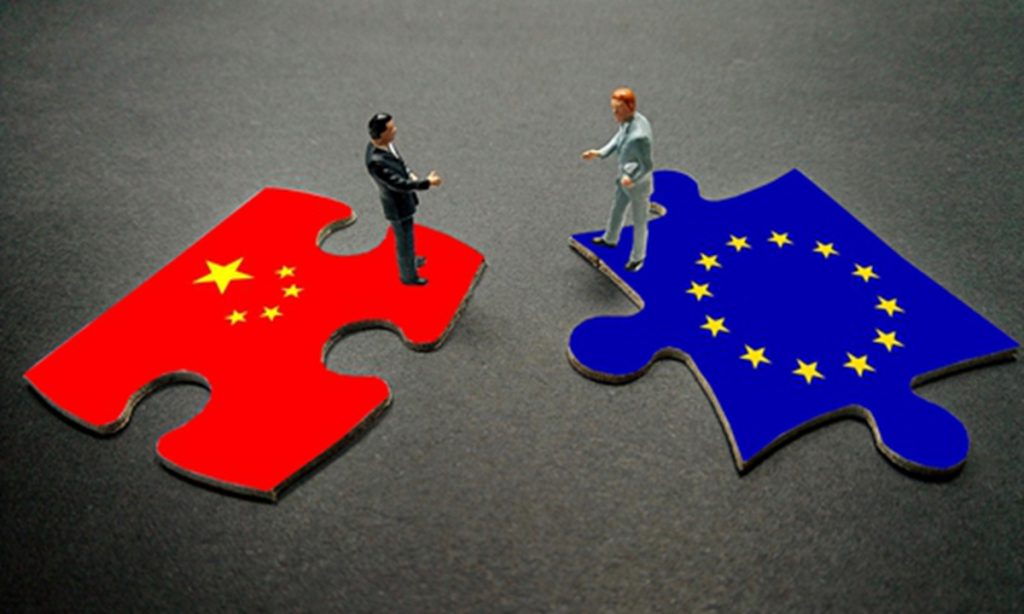
Chinese President Xi Jinping met with Belgian Prime Minister Alexander De Croo in Beijing on Friday. De Croo's visit to China is one of the most important high-level contacts between China and the EU this year, following the visits to China by European Council President Charles Michel and European Commission President Ursula von der Leyen in December.
The visit highlights the ongoing dialogue and interaction between China and the EU, especially as Belgium recently assumed the rotating presidency of the Council of the European Union and De Croo will be in a pivotal position to coordinate the EU's policy agenda for the next six months.
EU's relationship with China is complex and multifaceted, with differences between the two sides in a number of areas, including trade imbalances and subsidies, and the conflict in Ukraine. However, these specific issues are set against the backdrop of broader geopolitical and global power shifts that have caused unease in the EU.
Europeans are increasingly aware of China's growing presence on the global stage, not only in the economic sphere but also in the technological and geopolitical spheres.
The changing relationship between the three poles of China, the US and Europe is not a new phenomenon. While the US continues to lead, China and the EU are playing an increasing role on the global stage, which has become more pronounced in the wake of the advancement of Europe's strategic autonomy and the rise of China.
As an ally of the US, the EU continues to be highly concerned about China's rise. This is well illustrated by comparing the covers of two issues of The Economist, a British weekly newspaper, which in 2013 featured the threat of China's carbon emissions to the World. In 2024, the cover showed the new threat of China's lead in green technologies.
If you imagine China, the US and the EU as three runners on a track, the US is still leading, and China is occasionally ahead of the EU, but most of the time, it is the other way around. It's often the second-place runner that's more anxious.
This race scene also shows us the difference between US and European policy toward China.
The EU is currently focused on decreasing reliance on foreign high-end technology suppliers, particularly to avoid being surpassed or replaced by China in critical areas, while also implementing protective measures to counter the impact of Chinese manufacturing on the European market. In contrast, the US strives to uphold its global dominance in high-tech fields and key manufacturing areas by constraining China.
The outcome of this competition is different from what the US expected: Rather than rebuilding supply chains to exclude Chinese manufacturing, each player seeks to consolidate and strengthen its position in existing supply chains.
"Decoupling" and "breaking the chain" are not feasible. It is improbable that either party can construct a new, fully independent global supply chain. If the EU adopts the US approach toward China, it may end up more reliant on the US and suffer the most damage among the three parties.
As the EU follows the US containment policy toward China, especially in semiconductor manufacturing equipment, it risks losing a lucrative market with the strongest end-product manufacturing capacity, widening the gap with the US.
The EU's strategic dilemma with China also reflects its strategic dilemma with the US. The EU aims to be the leading global economy but also wants to maintain reliance on the US, strategically using the alliance to build its own influential position globally.
The EU needs to define its approach to China independently. This doesn't mean the EU should draw a clear line with the US, but there is a need for a more pragmatic, rational and comprehensive attitude when considering its relationship with China. It should not always focus on competition with China and ignore the widening gap with the US.
If the EU can more frequently consider its relationship with China from a different perspective, then both China and Europe have competitive and cooperative aspects, with the latter potentially reducing the gap between the two sides and the US, thereby bringing stability to the world's multipolarization.
Therefore, creating more connections between the EU and China is crucial. With more bridges, there will be more roads, improved communication and better understanding. China and EU can establish a new relationship that will support balanced global development.
